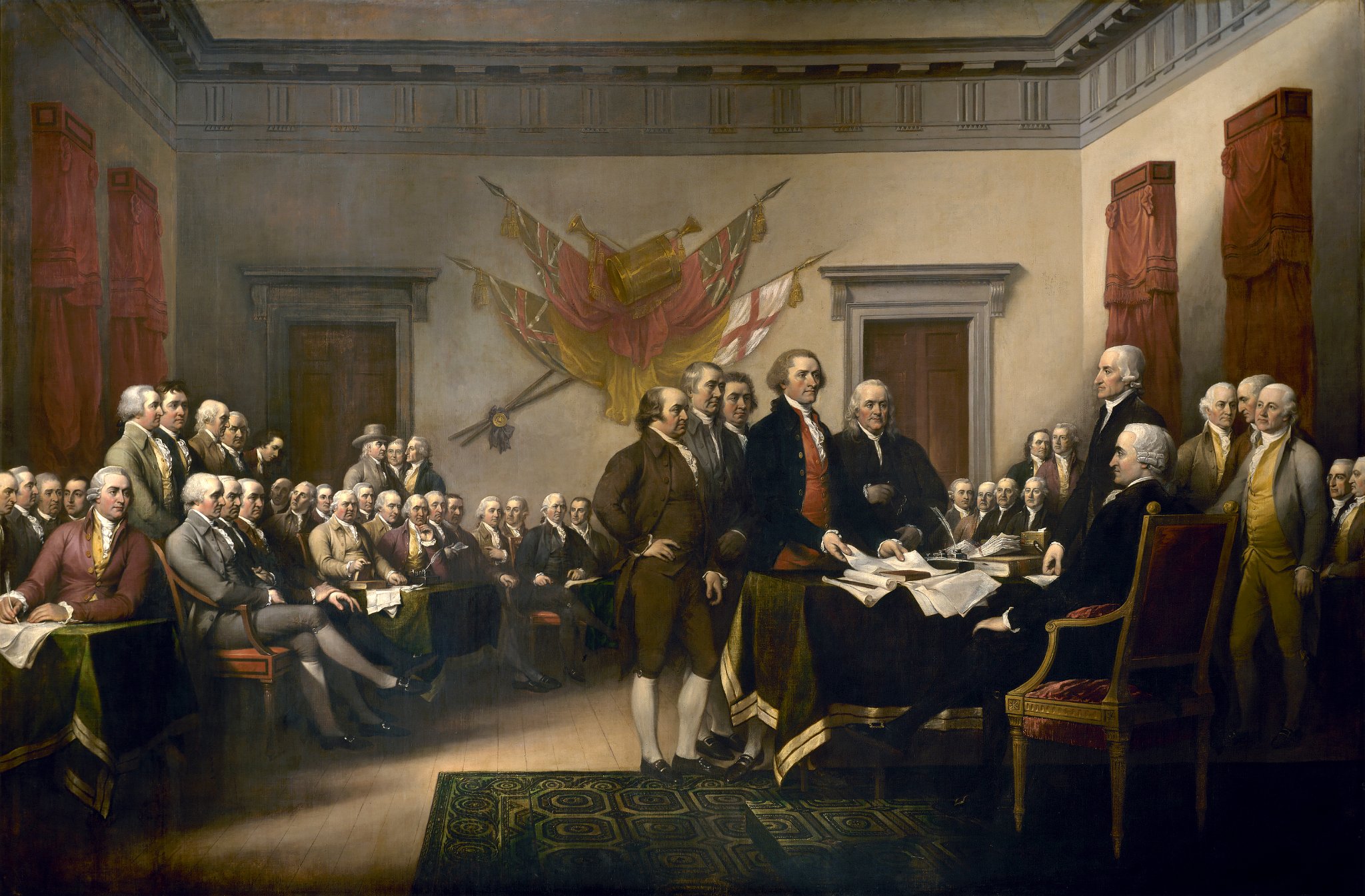JULY 5, 2022 – (Cont.) The alien displayed a new maneuver. It hovered an inch above the glass tabletop, spun around, filaments flashing red and orange, then resumed its stationary position on the glass. I read this as a distress signal and decided to respond with a more reassuring perspective than what I’d conveyed thus far about politics and democracy in America.
“Over time,” I said, “a class of people arose who were economically prosperous and liberally educated. For the most part, they were wealthy planters, merchants, and professionals—doctors and lawyers. They were not overly religious. Some were well versed in the writings of the Philosophes of the Age of Reason in France, another colonial power of Europe and rival of Britain. Many of these better educated American Colonists engaged in their own deep thinking and writing. When Great Britain raised taxes on the Colonials to pay for ongoing wars against France and the support of Britain’s growing empire, this cadre of leading Colonial lights revolted and declared their colonies’ independence. As revolutions go, it was conservative. In fact, when British soldiers landed on Long Island and crossed one prosperous farm after another, they asked themselves, ‘Why are these people upset? They have a much better life over here than most people do back in England.’
“Ironically, the Revolutionaries nearly lost their fight because they balked at raising taxes to pay for their revolution against . . . higher taxes. Eventually, they came to their senses and parted with enough of their money to buy boots and bullets for the soldiers actually fighting the British. Miraculously, the Americans won.”
“Wait. I need to understand this. Is it true the American Colonists went to war over taxes?”
“Essentially, yes. A lot of other stuff got thrown into the hopper—words and concepts such as ‘freedom’ and ‘liberty,’ but yes, what had sparked the Revolution and so raised the ire of the Colonists was taxation without a process that gave the taxpayers a say in how they were taxed.”
“But what are taxes exactly?” asked the alien.
“Money raised by the government from the governed to pay for a host of things run by the government—including running the government. A quintessentially American trait is a predisposition against taxes and government. And yet, many of the same people who rail against taxes and government are the same folks who support a strong military, which creates the biggest need for taxes and is the most powerful manifestation of government.
“Homo ironicus,” said the alien.
“Exactly,” I said.
“After the Colonists won independence, they turned to organizing themselves politically, but things soon went south, so to speak. The Southern Colonies, which had long sanctioned slavery, insisted on continuation of the practice. They also peered into the future in anticipation of the addition of more states into the union and worried that the balance between slave and free states would change in favor of free.
“Accordingly, in crafting a framework for national self-government, all sorts of compromises and accommodations were made to appease the South. The result was a written constitution that created a republic, a limited representative democracy; limited because it gave the franchise only to “free persons,” and “free persons” didn’t include Blacks or women.” (Cont.)
(Remember to subscribe to this blog and receive notifications of new posts by email.)
© 2022 by Eric Nilsson
